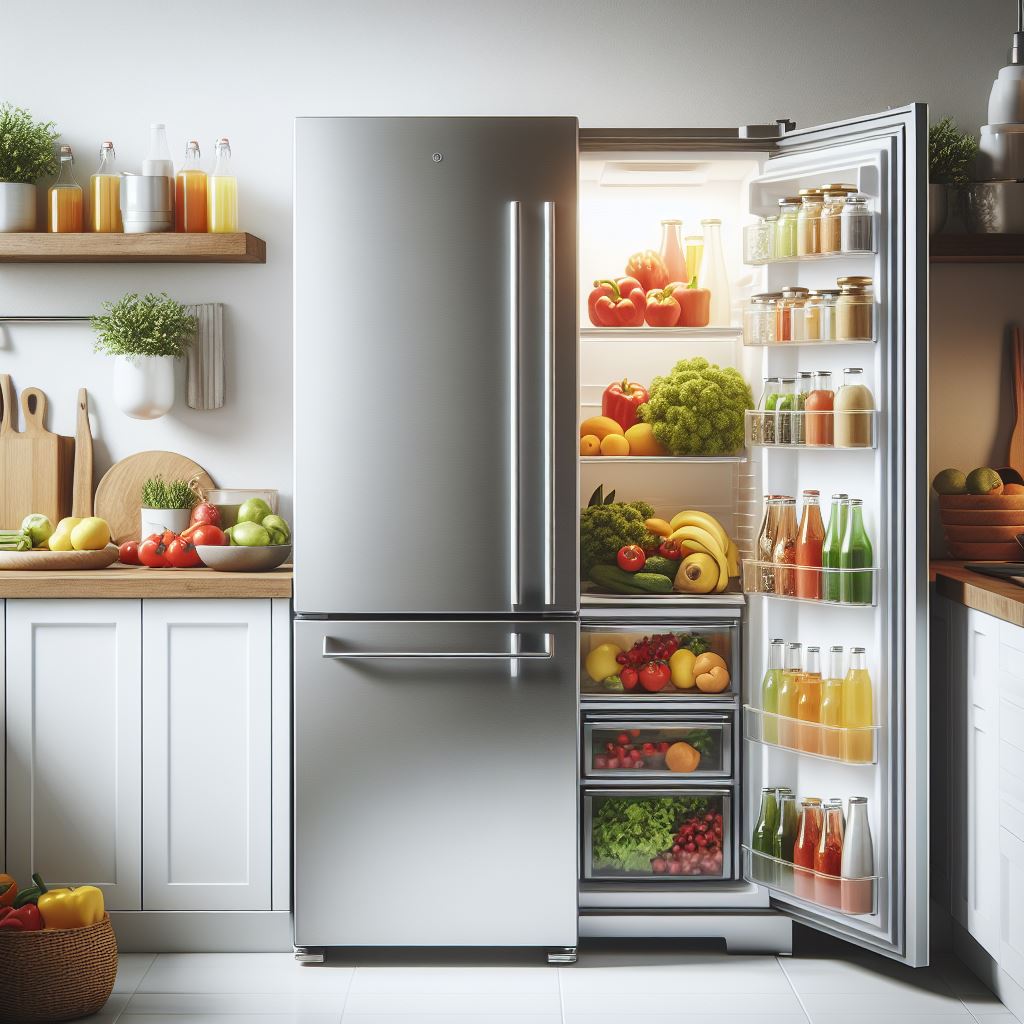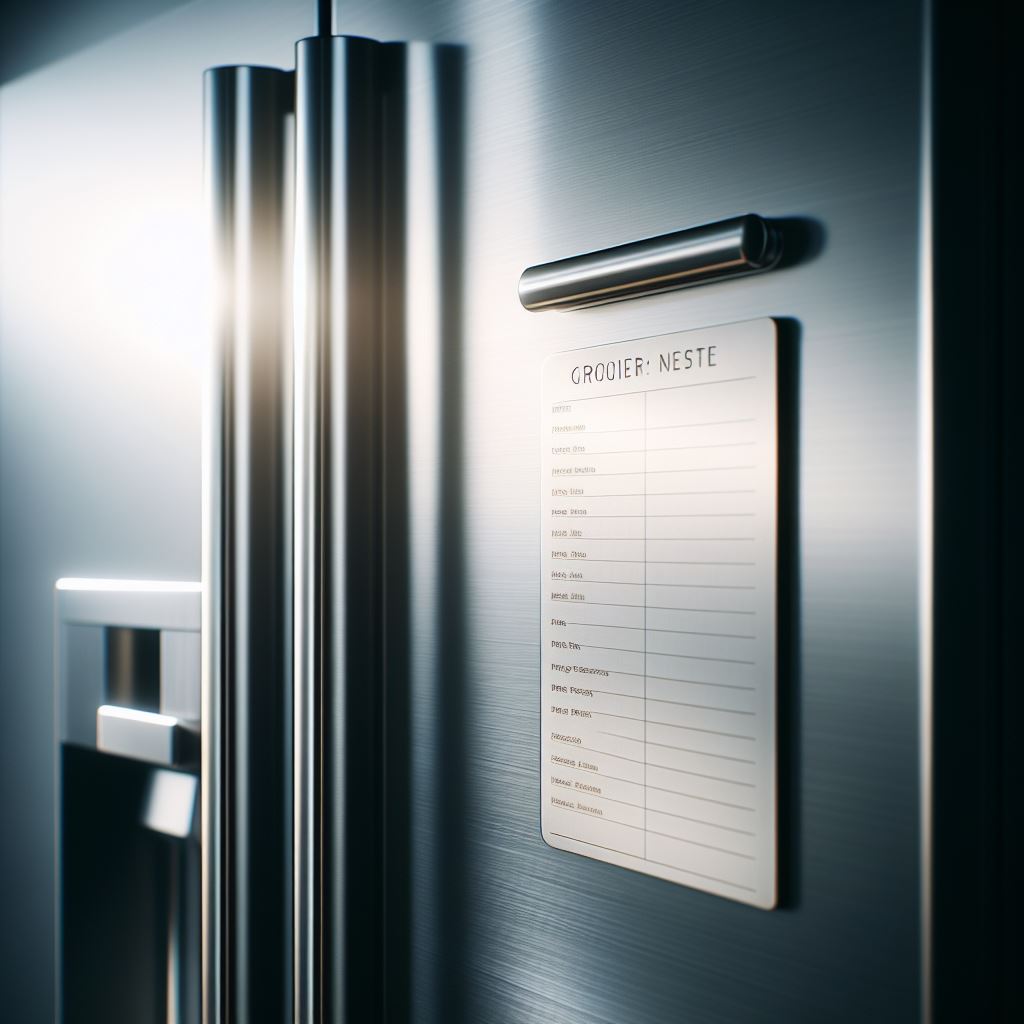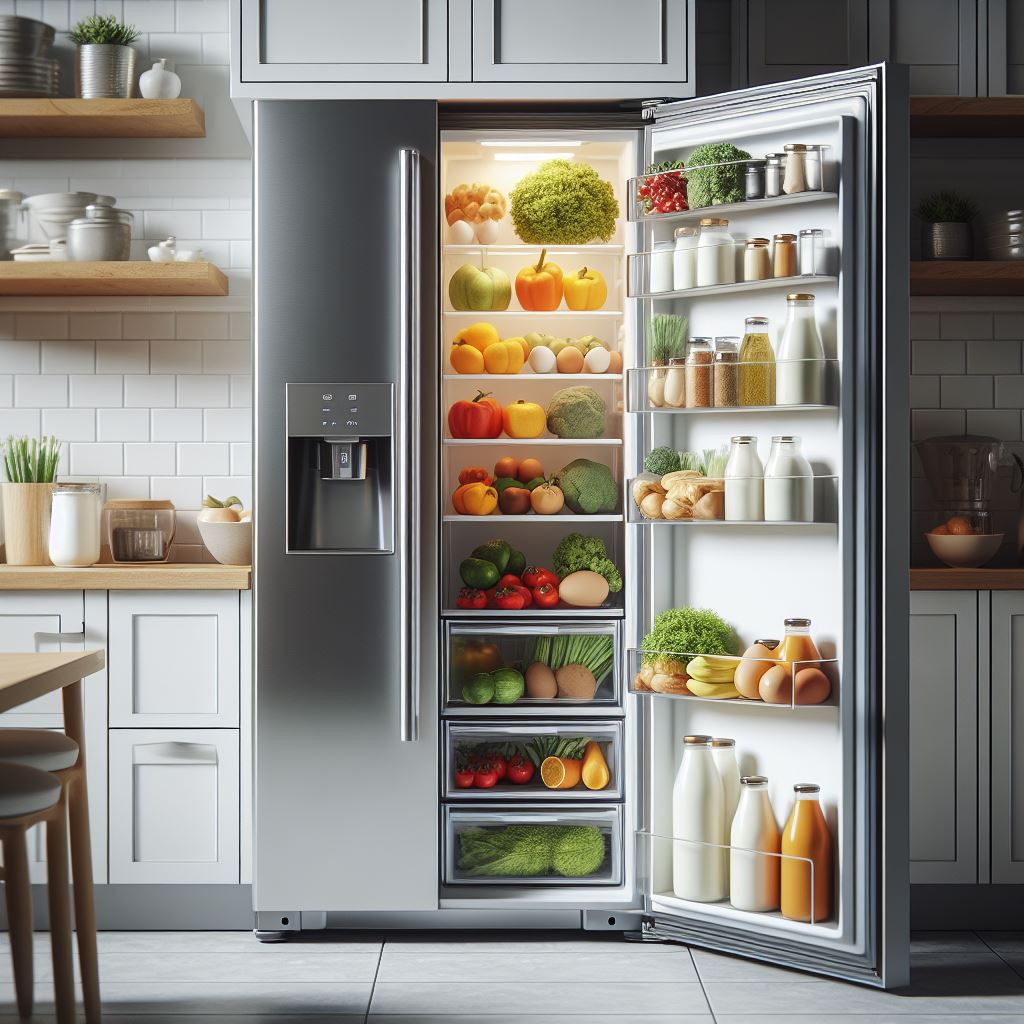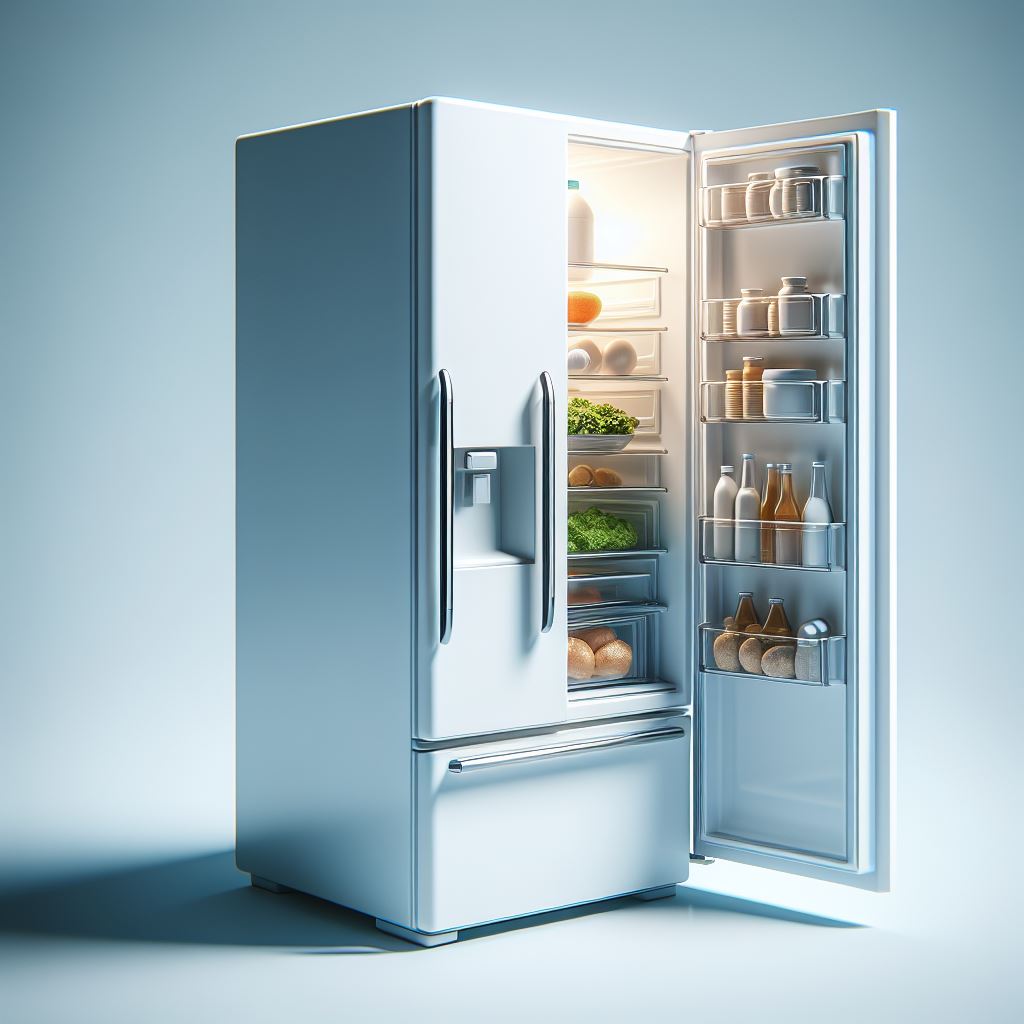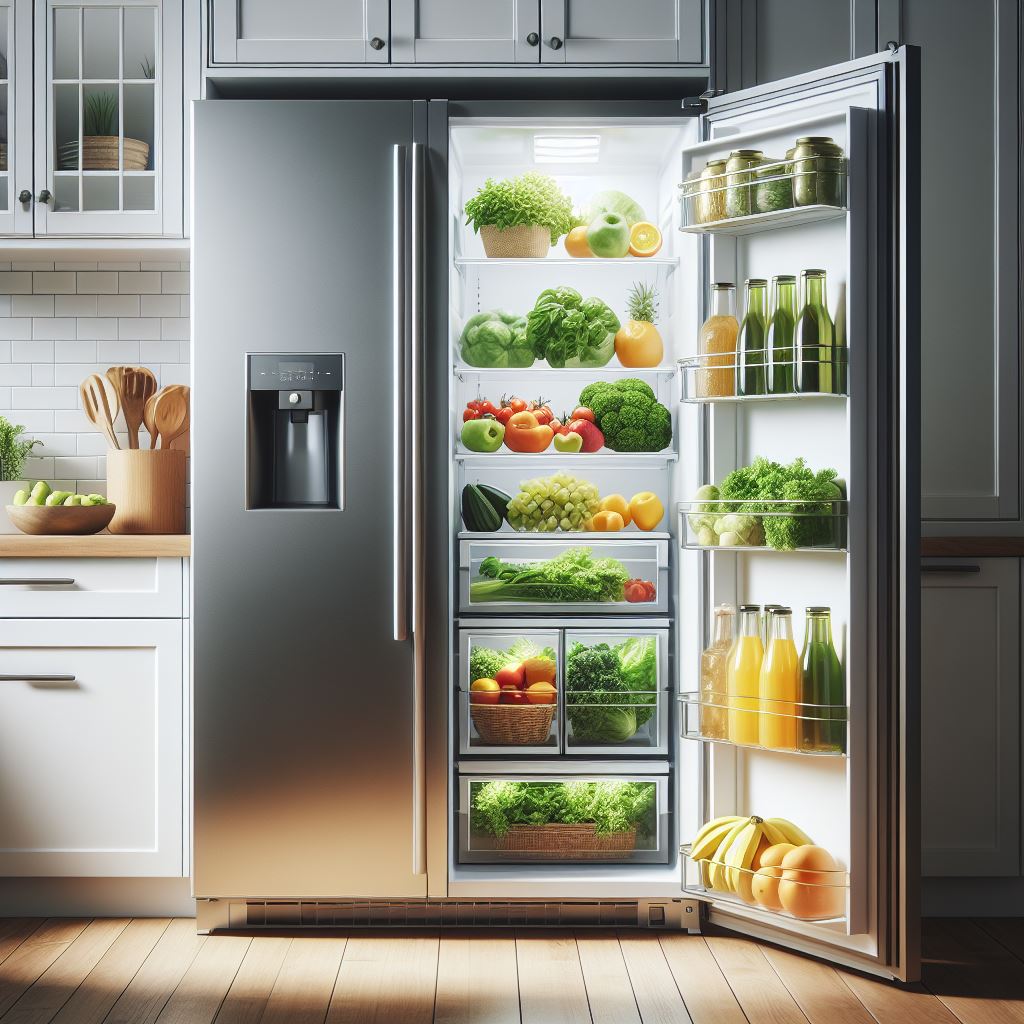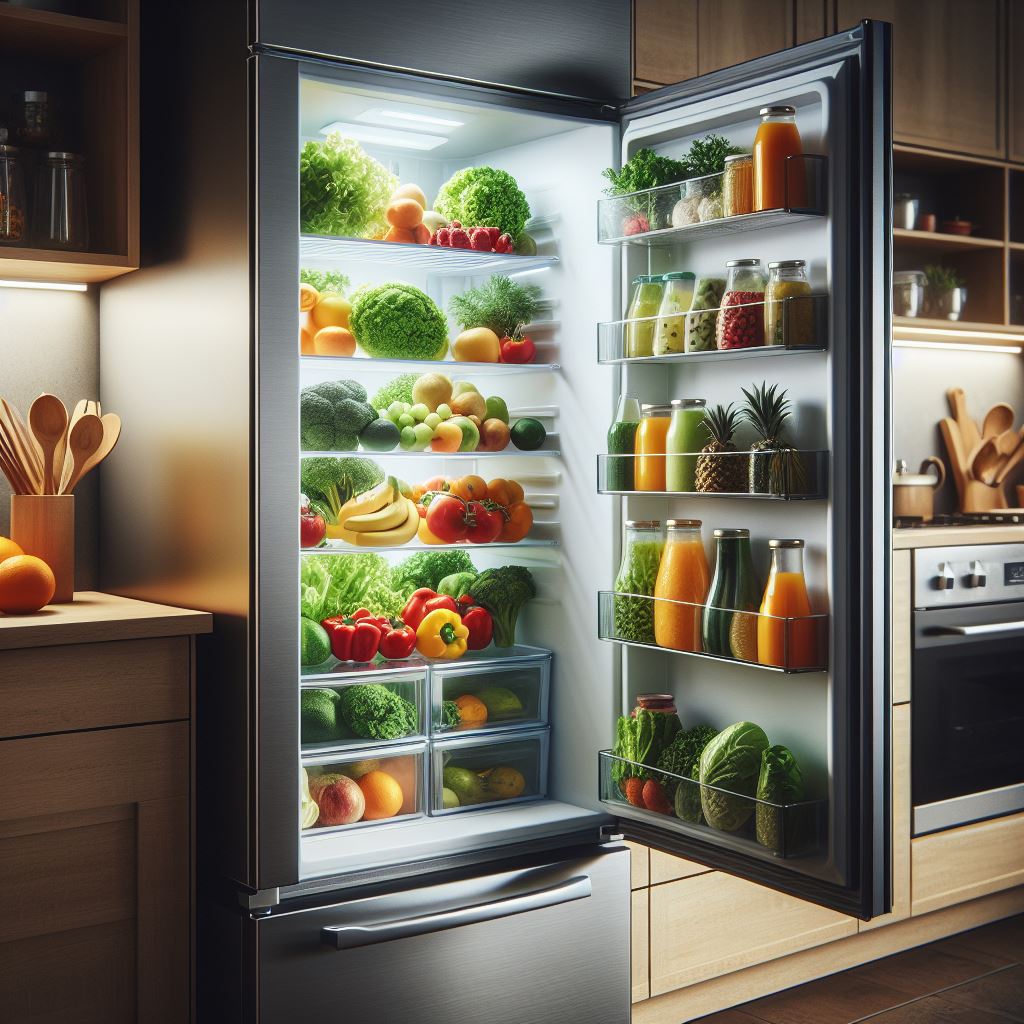Are you wondering what size generator you need to power your refrigerator and freezer during a power outage? Look no further! In this guide, we will break down the factors to consider when choosing the right generator size to keep your perishables cold and fresh. Say goodbye to spoiled food and hello to peace of mind with the perfect generator for your needs.
When it comes to keeping your food fresh during a power outage, having a generator is a must-have for any household. One common question that many homeowners have is figuring out what size generator is needed to power a refrigerator and freezer.
Refrigerators and freezers are essential appliances that require a constant source of power to maintain the correct temperatures and prevent food from spoiling. It is crucial to choose a generator that can handle the starting and running wattage requirements of both appliances.
The starting wattage, also known as surge wattage, is the amount of power needed to kickstart the compressor in the refrigerator and freezer. This initial surge of power can be much higher than the running wattage, which is the power needed to keep the appliances running once they are already on.
On average, a refrigerator typically needs around 800-1200 starting watts and 200-400 running watts, while a freezer may require 1200-1600 starting watts and 200-400 running watts. To calculate the total wattage needed to power both appliances at the same time, simply add together the starting and running wattage requirements.
For example, if your refrigerator needs 1000 starting watts and 300 running watts, and your freezer requires 1500 starting watts and 300 running watts, the total wattage needed would be 2800 starting watts (1000 + 1500) and 600 running watts (300 + 300).
When selecting a generator, it is recommended to choose one that can handle at least 3000-3500 starting watts and 600-800 running watts to ensure reliable power for your refrigerator and freezer. A portable generator with a power output of 4000-5000 watts should be sufficient to run both appliances simultaneously.
It is important to keep in mind that the wattage requirements may vary depending on the specific make and model of your refrigerator and freezer, so it is best to check the manufacturer’s specifications for accurate wattage information. Other factors such as the age and condition of the appliances, as well as the ambient temperature, can also impact power consumption.
In conclusion, having a generator that can supply enough power to keep your refrigerator and freezer running is essential for safeguarding your food supply during a power outage. By calculating the starting and running wattage requirements of both appliances, you can determine the right size generator needed to keep your perishables cold and fresh until the power is back on.
1. What size generator do I need to run a refrigerator and freezer?
You will need a generator with a minimum wattage of 2,000 to 3,000 watts to run a refrigerator and freezer simultaneously.
2. Can I use a smaller generator to power just a refrigerator or freezer?
Yes, you can use a smaller generator with a wattage of 1,000 to 1,500 watts to power either a refrigerator or a freezer individually.
3. How can I determine the exact wattage needed for my refrigerator and freezer?
Check the manufacturer’s specifications for your refrigerator and freezer to determine their individual wattage requirements. Add these together to determine the total wattage needed for both appliances.

